 With so much information freely available on the internet and in libraries, it might be strange to think of access to information as a privilege that not everyone shares equally. However, access to information can depend on a number of factors, including a person’s access to technology, their financial situation, and their educational status. For many people, these factors can pose significant barriers. As a result, there is a great deal of inequality when it comes to access to high quality information.
With so much information freely available on the internet and in libraries, it might be strange to think of access to information as a privilege that not everyone shares equally. However, access to information can depend on a number of factors, including a person’s access to technology, their financial situation, and their educational status. For many people, these factors can pose significant barriers. As a result, there is a great deal of inequality when it comes to access to high quality information.
Generative AI has many benefits for information users and creators but can also exacerbate inequalities related to information access.
The information in this guide will help you learn about how generative AI is complicating issues related to information privilege.
Learners who engage with the materials and activities in this guide will be able to:
This guide was created by Allison Hosier, Head of Information Literacy, University at Albany, SUNY.
Some content in this guide was generated by ChatGPT.
Unless otherwise noted, photos in this guide are taken from Pixabay, a database of royalty-free images.

